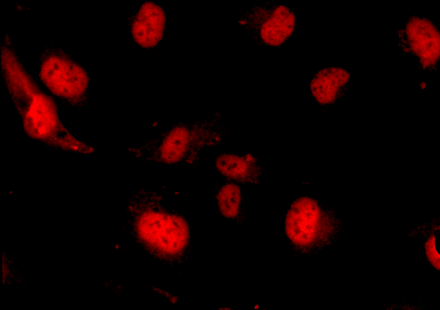Inhibition of Nuclear Factor Kappa B (NF-B):
An Emerging Theme in Anti-Inflammatory Therapies
- Fulvio D'Acquisto, PhD,
- Michael J. May, PhD and
- Sankar Ghosh, PhD
- Section of Immunobiology and Department of Molecular Biophysics and Biochemistry Howard Hughes Medical Institute Yale University School of Medicine New Haven, CT 06510
- SG. E-mail sankar.ghosh{at}yale.edu; fax 203-737-1764.
Abstract
The application of anti-inflammatory therapies began thousands of years ago with the use of readily available natural resources. It is only recently, however, that the cellular and molecular mechanisms of inflammation have been appreciated sufficiently to design anti-inflammatory strategies with limited side effects. For example, salicylates and glucocorticoids, two widely used anti-inflammatory drug classes, are now known to inhibit the activation of NF-κB, a transcription factor that regulates the inducible expression of a wide range of proinflammatory mediators. New generations of NF-κB–targeting anti-inflammatory agents that are specific, efficacious, and cost-effective may therefore complement or replace current therapies. In this review, we describe various classes of NF-κB inhibitors and discuss important unresolved issues regarding their use.

In response to a variety of extracellular proinflammatory signals, nuclear factor (NF)-κB is translocated from the cell cytoplasm
into the nucleus. The cells shown above have been treated with TNF-α, in response to which NF-κB (stained red) becomes concentrated
in cell nuclei so as to activate the transcription of numerous genes that support an inflammatory response.
- © American Society for Pharmacology and Experimental Theraputics 2002



